Airline food waste: 5.2 million tons were thrown away in 2016 alone
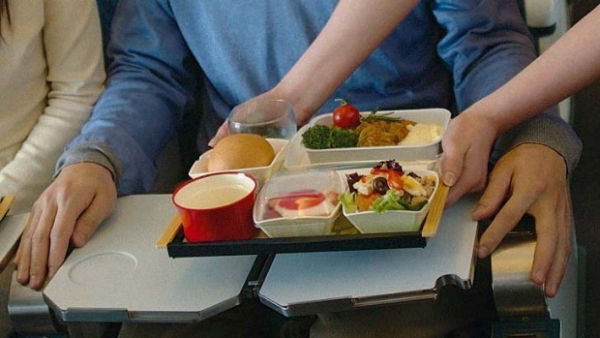
Cabin waste costs the industry $500m per year, according to IATA
Cabin waste costs the industry $500m per year, according to IATA
According to an estimation by the International Air Transport Association (IATA), 5.2 million tonnes of waste was generated by airline passengers in 2016 alone, a massive waste footprint that is expected to get even bigger, as the figure sets is set to double over the next 15 years. And although the aviation industry is under immense pressure regarding its greenhouse gas emissions, the challenge is to sustainably deal with aviation waste as well. Given that this is costing the industry $500 million per year, waste reduction and recycling initiatives seem to be both an environmental and a financial necessity.
Up to now, once a plane has landed, huge volumes of disposable items are thrown away, says Matt Rance, chief executive of MNH Sustainable Cabin Services, a company that advises airlines on waste reduction. “It’s almost like taking a tube, tipping it upside down, emptying it out and then saying ‘right, fill it up with new stuff again’.”
Green initiatives
Luckily, there are various recycling initiatives around the world which could be very effective if they become widespread.
A group of Spanish companies including Iberia Airlines and Ferrovial Services aim to recover 80% of cabin waste in Madrid’s Barajas airport by mid-2020 and about 2,500 cabin crew members will be trained in the basics of waste separation, says Juan Hermira, Iberia’s lead for the project. The initiative, which aims to produce guidelines for use in other airports, is also exploring low-packaging meals and reusable cutlery, as well as data-led solutions: for example frequent flyer information could be used to anticipate business class passengers’ meal preferences, meaning fewer meals would need to be prepared to satisfy demand, says Hermira.
United Airlines now uses compostable paper cups and last year began donating unused amenity kits to homeless people and women’s shelters – expecting to divert more than 27 tonnes per year from landfills.
Virgin has set up a system for recycling all parts of its headsets, including ear sponges, which are used as flooring for equestrian centres.
Australian Qantas Airlines is combining its charity donation envelope with its headset package, cutting one polythene bag per passenger per flight.
Emirates runs an on-board recycling program of aluminum cans, plastic and glass bottles, and clean paper products such as newspapers, magazines and cardboard cartons. At the beginning of this year, the company introduced sustainable blankets made from 100% recycled plastic bottles, which are available in Economy Class on all long-haul flights. Each blanket is made from 28 recycled plastic bottles, and by the end of 2019, they would have rescued 88 million plastic bottles from landfills– equivalent to the weight of 44 A380 aircrafts, according to the company’s website.
Since last year, an on-site waste-to-energy plant operates in Gatwick airport, which currently covers its own energy needs, but will eventually help to heat the north terminal. They also aim to achieve 70% waste recycling by 2020, having already reached 48% in 2016.
Source: The Guardian
Source: The Guardian
Want to read more like this story?
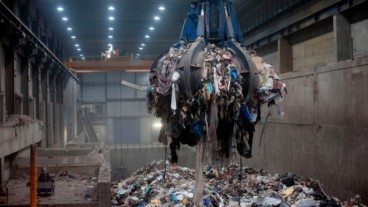
Due to Sweden’s revolutionary recycling program, the country needs to import 800,000 tns of waste annually to feed its 32 waste-to-energy plants
Oct, 11, 2017 | NewsThe energy goes into a national heating network to heat homes throughout the winter and is also used...

New EU legislation on waste management
Jun, 08, 2018 | NewsBased on the principles of circular economy, the new guidelines aim for a drastic reduction of landf...
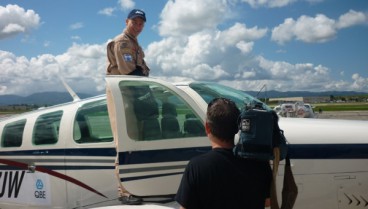
A light aircraft flew more than 500 miles using fuel partially originated from plastic waste
Mar, 08, 2017 | NewsThe initiative ‘On Wings of Waste’ aims to raise awareness about plastic waste recycling...

A new circular economy concept for textiles and chemicals
Sep, 26, 2017 | NewsAn innovative textile recycling plant could recycle 500 tons of waste per year An innovative textil...

This waste incinerator sets a new capacity record!
Mar, 03, 2016 | NewsLocated in Shenzhen, China, it will be ready by 2020 andits capacity will reach 5000 tn/day! Loca...
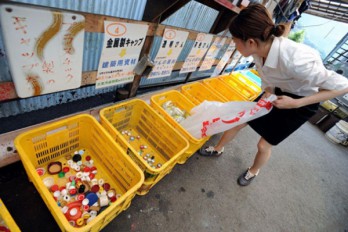
A Japanese village aims to become the country’s first 'Zero-Waste' community by 2020
May, 06, 2016 | NewsWaste in Kamikatsu is separated in 34 categories! Waste in Kamikatsu is separated in 34 categorie...

The plastic pollution problem in charts
Dec, 11, 2017 | NewsThe total volume of all plastic ever produced has been calculated at 8.3 bn tonnes (the equival...
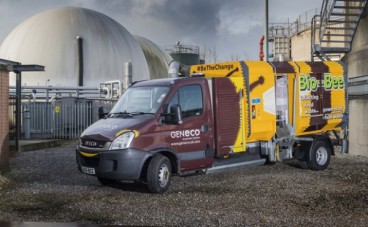
BioBee: UK’s first vehicle truck that both collects and runs on commercial food waste
Oct, 31, 2017 | NewsIt was named after bees, which collect natural resources and make renewable and nutritious products...
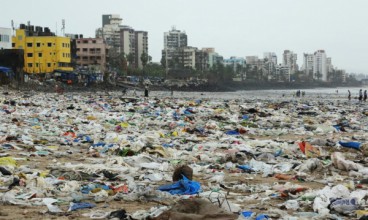
Indonesia pledges $1 billion annually to tackle ocean pollution
Mar, 22, 2017 | NewsThe country is the second largest plastic polluter in the world after China The country is the se...
Trending

Taipei 101’s impressive tuned mass damper

Characteristics of Load Bearing Masonry Construction

The Billion-Dollar Airport Boom: 2025 Megaprojects Shaping the Skies

China Completes World’s Longest Expressway Tunnel, Redefining Connectivity
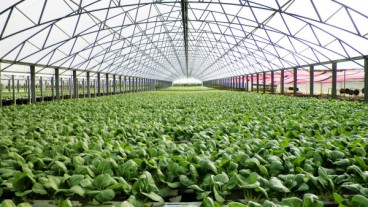
Dutch greenhouses have revolutionized modern farming



